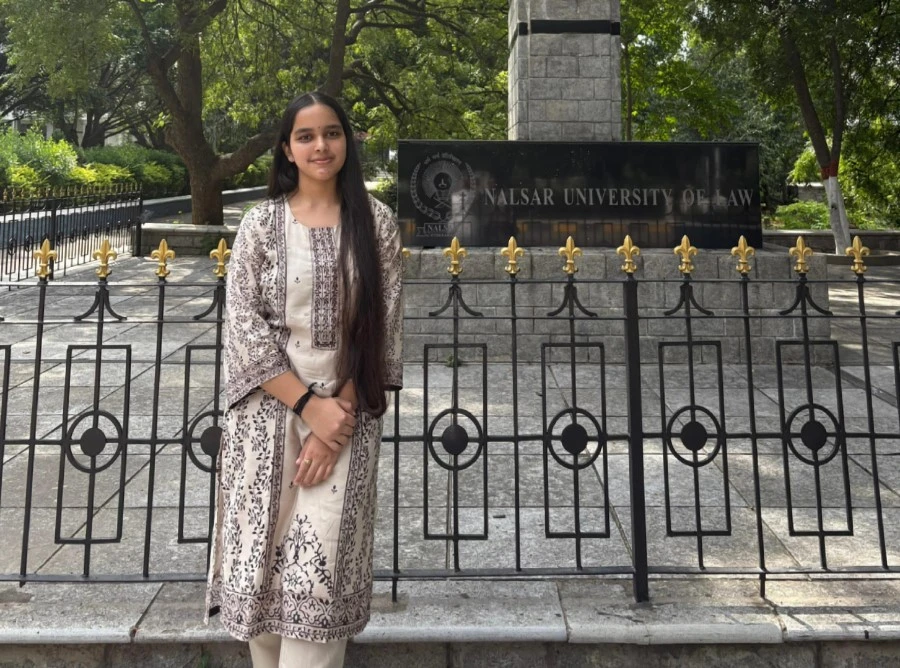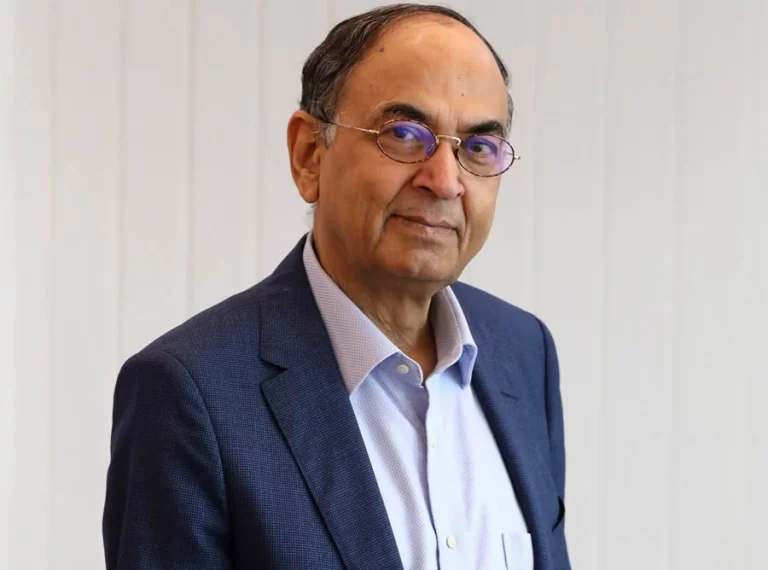Beyond the Books: Why Students Are Losing Real Skills in an AI-Driven World
The article explores how overreliance on AI tools is eroding students’ real-world skills like communication, critical thinking, and creativity, while highlighting Dhananya Bansal’s Regal MUN initiative that restores human-centered learning.
Beyond the Books: Why Students Are Losing Real Skills in an AI-Driven World
In today's rapidly evolving, AI-dominated landscape, technology serves as a double-edged sword. It has revolutionized education by providing instant access to vast knowledge bases, personalized learning tools, and efficient information processing, making education more inclusive and faster-paced than ever before. However, this advancement is silently undermining the core human skills that have long been the hallmarks of true intellectual growth: profound reading comprehension, rigorous critical thinking, and eloquent public speaking.
Students are more digitally connected than any previous generation, with smartphones, AI chatbots, and search engines at their fingertips 24/7. Yet, this hyper-connectivity breeds a profound disconnection from genuine human interaction and independent thought. The reliance on pre-digested answers from AI tools diminishes the effort required to grapple with complex ideas, form nuanced opinions, or engage in substantive debates. As a result, the timeless arts of articulating thoughts, negotiating perspectives, and fostering deep conversations are fading into obscurity. Young people emerge proficient in data retrieval but increasingly inept at introspection, empathy-driven dialogue, and original expression, skills vital for personal and professional success in an unpredictable world.
Reimagining Education for Real-World Skills
At its essence, education should cultivate inquisitive minds capable of innovation and leadership, not merely parrot memorized facts. Regrettably, many modern schools and universities cling to outdated models that emphasize theoretical rote learning and standardized testing, sidelining experiential and practical competencies such as effective communication, strategic leadership, and advanced critical reasoning. This systemic flaw produces graduates armed with credentials and superficial knowledge, yet often lacking the direction, adaptability, and self-assurance needed to navigate real-life challenges.
Enter transformative initiatives like Regal MUN, a pioneering youth-led platform founded and spearheaded by Dhananya Bansal, a dynamic first-year student simultaneously pursuing a BA LLB at NALSAR University of Law in Hyderabad and a BBA from NMIMS Centre for Distance and Online Education (CDOE). Regal MUN breathes new life into education by hosting immersive Model United Nations conferences that immerse participants in simulations of global diplomacy. These events sharpen public speaking prowess, diplomatic negotiation skills, and critical analytical abilities, all while reigniting the irreplaceable human spark of collaboration and debate.
For Dhananya, Regal MUN transcends a mere competition; it's a deliberate crusade to infuse humanity back into learning. "I don’t want to just succeed in the system; I want to change how we learn, think, and speak within it," she asserts passionately. Complementing her leadership role, Dhananya serves as an educator, delivering specialized instruction in English and Logical Reasoning to CLAT aspirants nationwide. Her methodology prioritizes honing mental clarity, argumentative confidence, and expressive fluency, human faculties that algorithms can augment but never authentically duplicate. Through these efforts, she empowers students to transcend passive consumption and embrace active, individuality-forging scholarship.
Balancing AI with Human-Centered Learning
The imperative facing educators and policymakers is not to wage war against AI, but to harmoniously integrate it with enduring human values like creativity, ethical reasoning, and interpersonal connection. Education must evolve dynamically: leveraging AI for efficiency while safeguarding the soul of learning through human-centric practices. Classrooms ought to evolve into vibrant arenas of open dialogue, relentless questioning, and boundless curiosity, rather than sterile repositories of rote data.
Revitalizing hands-on activities is key, debates that challenge assumptions, analytical deep dives into texts, public speaking forums that build resilience, and collaborative projects that mirror real-world complexities. These elements are indispensable for nurturing not just knowledgeable individuals, but resilient, purpose-driven leaders.
Dhananya Bansal’s trajectory exemplifies this balanced philosophy. From trailblazing her school's inaugural MUN as a high schooler to establishing Regal MUN and interning across diverse organizations, she has perpetually prioritized initiative over inertia. Her mantra resonates widely: "Don’t wait for clarity to begin. Start messy, learn fast, and keep moving forward. Because courage will always take you further than certainty ever will." Her forward-looking vision seeks to overhaul India's educational paradigm, equipping youth to forge character as robustly as careers.
In an era where algorithms orchestrate daily life, Dhananya's endeavors serve as a clarion call: the future belongs to those who dare to question boldly, create innovatively, and connect profoundly. While AI may streamline the world, it is audacious humans who will ultimately steer it with wisdom, authenticity, and unyielding purpose..












